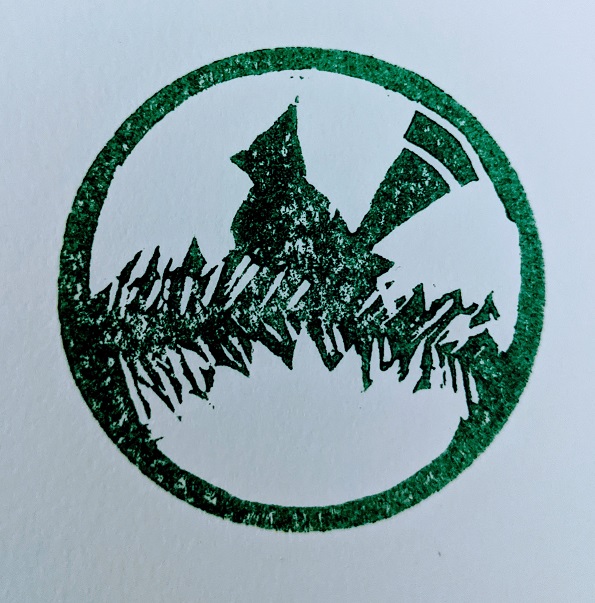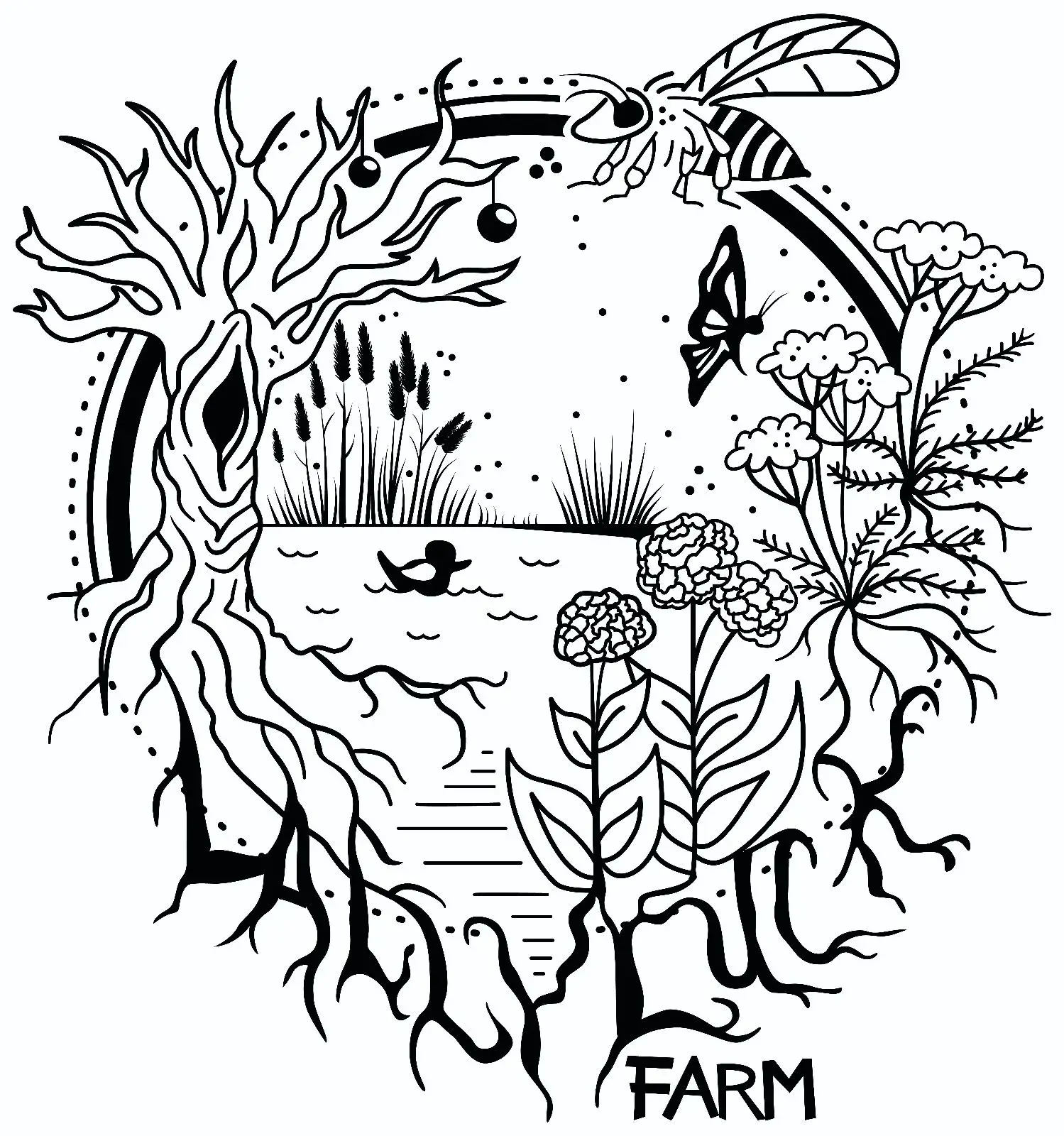I’ve got several small houseplants in my home office, and I really like having them around. I’m still pretty new to taking care of them altogether, though, and we’ve gotten dozens of tiny house gnats now. I’ve put up sticky traps and tried to use some pest control in the potted soil. But would a small venus fly trap be able to help here?
Put ground cinnamon on your soil. It kills the larvae.
Venus flytraps are great plants to keep, but they’re not effective for pest control, especially against tiny gnats. The gnats you have are probably fungus gnats and your houseplants’ soil is infested with their larvae. To get them under control you have to innoculate the soil with nematodes that eat the larvae. The particular brand I got on Amazon aren’t available anymore, but the species was s. feltiae and they worked really well. There might be other good or better nematodes, but that’s how you get rid of the gnats.
There are a few practical management steps you can take as well to help reduce the gnat load.
Sand (washed playground sand as an example) as a mulch layer over the top of the potting mix will drain quickly and removes the gnat’s preferred habitat for egg laying.
Bottom watering, while admittedly slower than pouring from the top, also helps to reduce the amount of time the top layer of soil is wet enough for them. Allowing the potting mix to dry thoroughly between waterings improves the efficacy of this practice.
As far as carnivorous plants go, I have had more success with butterworts. Sundews are also good. Venus flytraps are considered harder to grow in general and harder to keep alive indoors without manual feeding.
Can confirm sundews, specifically the commonly found Drosera capensis is very easy to care for and should be good at catching bugs as long as they land on the tentacles
Thanks for the info! I ordered a sundew and I’m very excited for it to arrive.




